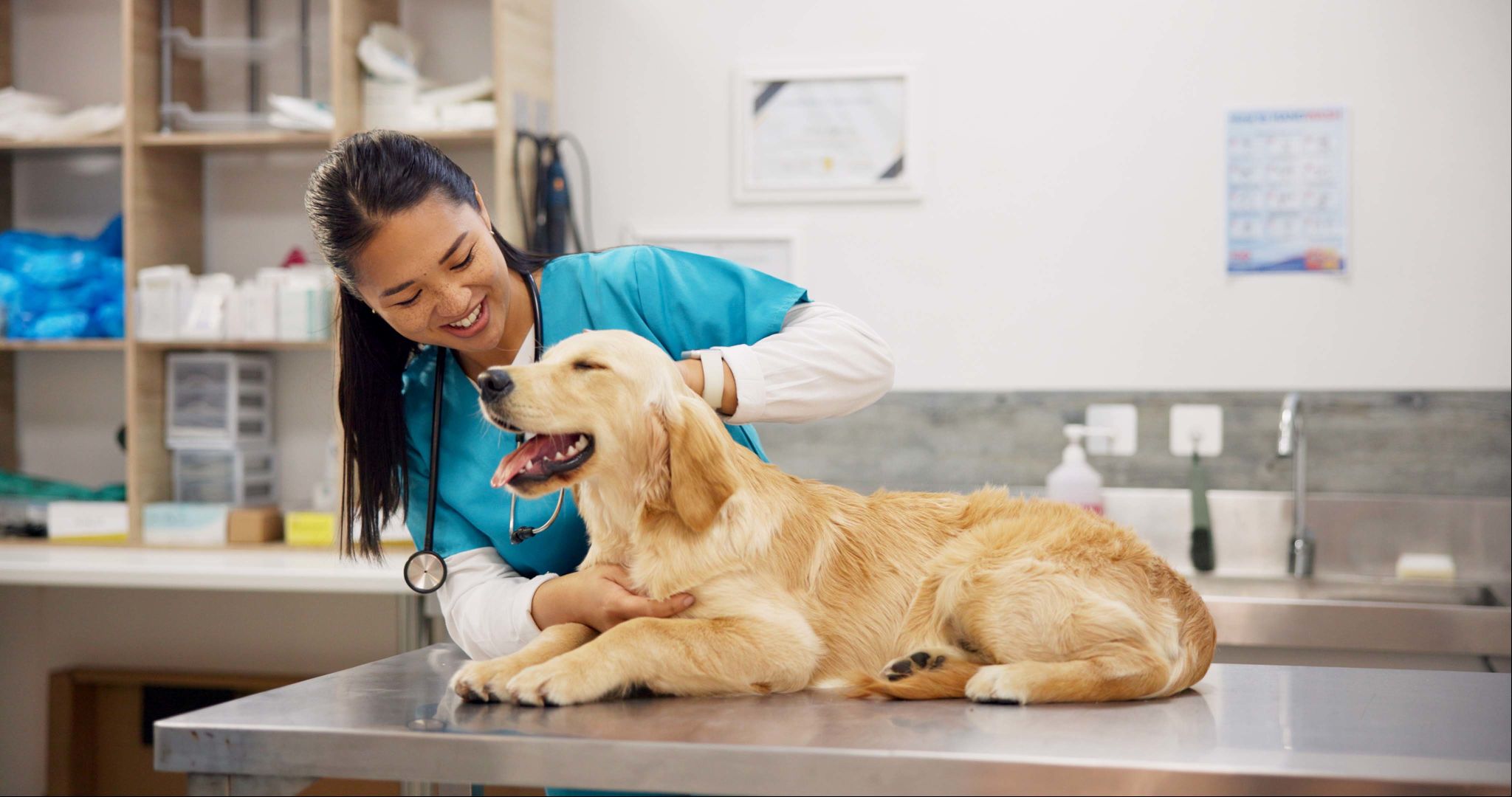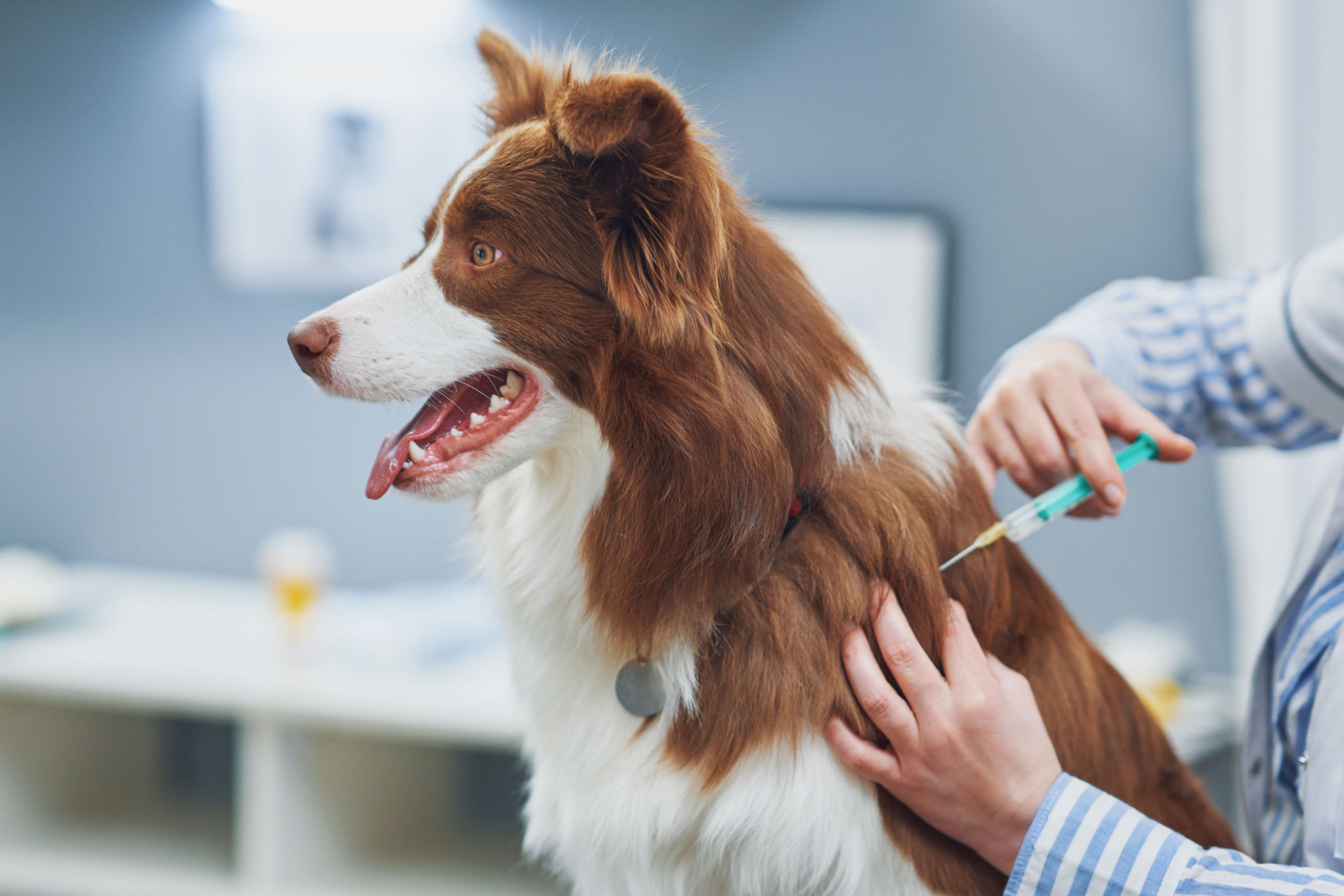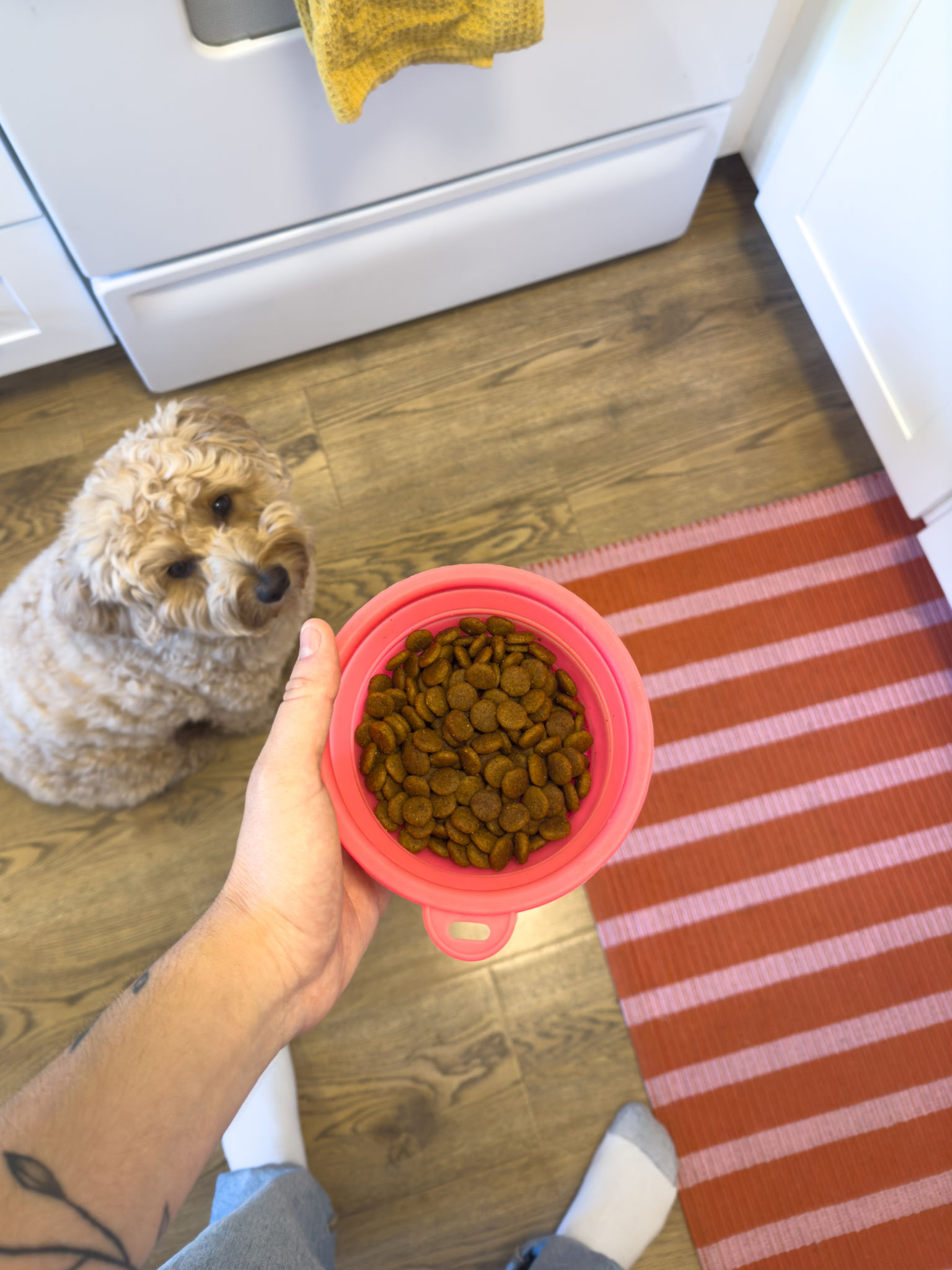Vet Services for Adopted Dogs: What You Need to Know
Pa
Understanding the Importance of Vet Care for Adopted Dogs
When you bring a newly adopted dog into your home, ensuring their health and well-being is a top priority. Regular veterinary care is crucial for maintaining your pet’s health. From vaccinations to regular check-ups, a vet plays a critical role in helping your dog lead a happy and healthy life. It is essential to schedule an appointment with a veterinarian soon after bringing your new furry friend home.

Initial Vet Visits: What to Expect
The first visit to the vet is an important step in getting your adopted dog off to a good start. During this initial visit, the vet will conduct a thorough physical examination to assess your dog's overall health. They will check for any signs of illness or injury and may recommend vaccinations and preventive measures, such as flea and tick prevention.
Depending on the dog's history, the vet might also suggest a blood test to screen for any underlying conditions. Don't hesitate to ask questions about your dog's diet, exercise needs, and any behaviors that may seem unusual. This is a great opportunity to gather information and set up a health plan tailored to your dog's needs.
Vaccinations and Preventive Care
Vaccinations are essential for keeping your adopted dog protected against common diseases. Your vet will provide a schedule of vaccinations that may include rabies, distemper, parvovirus, and others based on your dog's age and health status. Regular check-ups also help in monitoring your dog's development and catching any potential health issues early.

In addition to vaccinations, preventive care includes regular deworming and administering heartworm preventatives. These measures are vital in ensuring your dog's long-term health and preventing costly treatments down the road.
Nutritional Needs for Adopted Dogs
Proper nutrition is key to your adopted dog's health and well-being. During your vet visit, discuss the best diet plan tailored to your dog's age, breed, and activity level. A balanced diet supports your dog's immune system, maintains a healthy weight, and keeps their coat shiny and skin healthy.
Consider incorporating high-quality dog food that meets all nutritional requirements. Treats should be given in moderation and should complement their diet rather than replace it.

Behavioral Assessments and Training
Adopted dogs may come with behavioral challenges as they adjust to their new environment. A vet can conduct a behavioral assessment and recommend training resources or professional trainers if needed. Early intervention is key to addressing any issues such as aggression, anxiety, or fearfulness.
Positive reinforcement techniques are highly effective in training adopted dogs. Establishing a routine helps your dog feel secure and understand what is expected of them.
Regular Health Monitoring
Routine vet visits are important even if your adopted dog seems healthy. Regular check-ups allow the vet to monitor your dog’s health over time and make any necessary adjustments to their care plan. This proactive approach helps detect conditions early when they are typically more manageable.

Staying informed about the latest developments in pet care will help you provide the best possible life for your adopted dog. Always keep an open line of communication with your vet and don’t hesitate to reach out with any concerns.
Conclusion
Adopting a dog is a rewarding experience that comes with responsibilities, including ensuring their optimal health through regular vet visits and preventive care. By staying proactive about your dog's health needs, you can ensure that they thrive in their new home and enjoy many years of companionship.